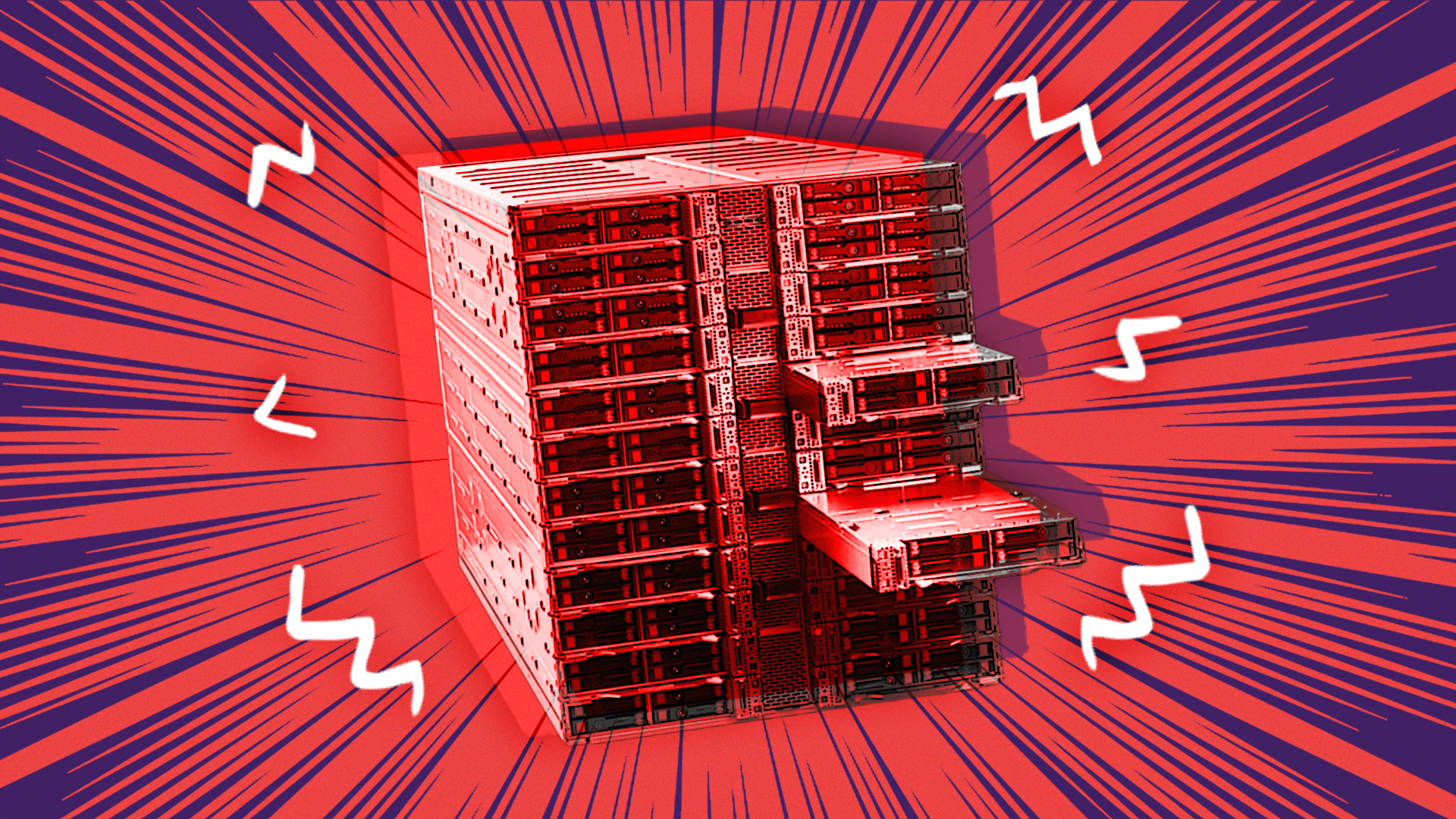We know all about the ecological toll of Bitcoin mining, but a lesser talked about issue is just how damn noisy its industrial processes are. Residents at Niagara Falls claim it’s ruining their quality of life.
The US border town of Niagara Falls was once among the most tranquil and serene regions in America, but many residents state it is no longer an idyllic place to live.
The soft crashing of the famous waterfall has been drowned out by the relentless hum of giant server fans since 2019. Allured by cheap hydroelectric power, cryptocurrency mining firms Blockfusion and Bitcoin have moved in and set up shop on an industrial scale.
Across the US in general, mining plants continue to sprout up following China’s uncompromising ban on the practice last year. Now far and away the leading territory for crypto, the US has filled the void to keep blockchain empires afloat.
We’ve written countless times about how energy intensive blockchain technologies are, with estimates stating that mining a single Bitcoin uses the same amount as the average US household over 50 days. We hear far less, however, about the ridiculous measures taken to keep all this gear cool and ticking over.
Literally thousands of industrial-grade fans whir ceaselessly to prevent blockchain supercomputers from overheating, and the result is a seriously intrusive level of noise which impacts surrounding residents and wildlife.


















